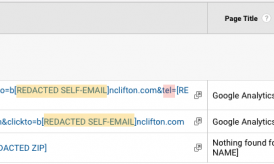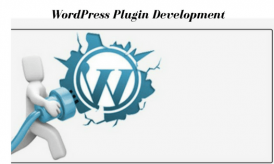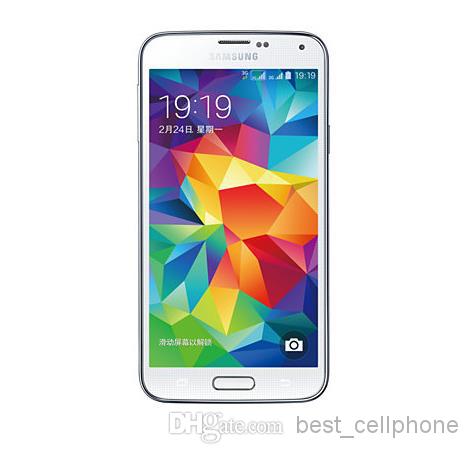Blogging, which used to be the backbone of communication with an online audience, is now receding into the background – as John Doherty put it, blogging isn’t the only content strategy out there. And with social media being as popular as it is, businesses and independent professionals are finding it more convenient to do brand promotions and customer engagement via that channel.

This doesn’t mean, however, that you should completely remove blogging from your promotional repertoire – it is still one of the best ways to establish your authority and manage your reputation in the industry.
But what if you don’t have a blog yet? Then you have to think about starting one right now – and you begin by figuring out which blogging platform you should use.
What should you look for in a business blogging platform?
Before you pick a blogging platform for your brand, you need to make sure that your choice is easy to use on top of being compatible with your needs. The most important criteria you should look into are as follows:
- Hosting Choices – If you’re running a company blog or consultancy blog, you definitely need to make sure that you have the choice of having it hosted wherever you want. That way, you’ll have more control over the amount of online space you can allocate for your blog. Furthermore, it’ll make it much easier for you to integrate that blog with the main website which has pages dedicated to professional information like company history, projects, and contact details including business phone numbers and email addresses.
- User-Friendliness – A blogging platform is basically useless if you have trouble using it. Is signing up and signing in a confusing process? Are you expected to have exceptional technical abilities just so your blog could look exactly the way you want it to? Does it guide you through some important steps when you’re trying to publish a new post, just to ensure you don’t miss anything? Does it at least offer great tech support, just in case you encounter a hiccup with the blog functionality? You need to be happy with your answers to these questions.
- Monitoring and Publishing Services – If you’re really serious about using your blog to communicate with the right people and establish authority, you’d want your blogging platform to make blog tracking easy for you. At the very least, it should let you see how much traffic the blog is attracting, and where said traffic is coming from. It should also give you the option to automatically “publish” your new post to relevant feeds so you don’t have to manually promote each post you create.
Which blogging platforms are the most business-friendly?
As helpful as the above-mentioned criteria are, finding truly business-friendly blogging options can still be difficult. Just to help you get started, here are some blogging platforms that many businesses and professionals swear by:
- WordPress – You’d have to be really out of it if you haven’t heard about WordPress. As we speak, it is the platform of choice for professional and casual bloggers alike. Not only is it easy to use, it also gives you access to all the features you’ll ever dream of needing for a fantastic-looking blog. Its help pages are also incredibly helpful, so even new users won’t have too much trouble navigating the platform. If you want to have a blog that lets you have all the bells and whistles with very little complication, WordPress is the first platform to look at.
- TypePad – Thought leader Seth Godin famously uses TypePad to share his thoughts with the world, and there is a good reason for this. TypePad submits your posts to various search engines and influential websites as soon as you post them, increasing your immediate relevance all over the net. It also allows for more complex content, like podcasting, which most other platforms find difficult to execute. On top of it all, this platform is basically ad-free even for its most affordable variants.
- Weebly – Weebly is not as widely-used by businesses, but many freelance professionals tend to find this platform useful in that it not only allows them to blog; it allows them to have great-looking, easy-to-design website to show off their work and their ideas. These days, when the content people most appreciate include audio-visual elements, Weebly’s overall friendliness with image galleries, videos, and slideshows can be a big help. If you really want to wow your audience, this can very well be your best bet.
Again, there are other platform choices out there. But it’s best to narrow down your choices based on the criteria listed above, then try all your choices out. That way, you’ll get a really good feel for what fits your blogging style best.
















I think WordPress is the best blogging platform, whether for personal use, non profit, for small business and even enterprise. WordPress is very easy to use, combine it with a great hosting then you don’t have to worry anything except content for your blog. ^_^
I like using WordPress myself. It’s so FLEXIBLE. But I know some people who prefer other options, like Blogger. I guess it depends on what you want to be able to do with your blog. 🙂
Many people DO agree that it’s the best choice out there, though some argue for other platforms – to each his or her own, I suppose! 🙂